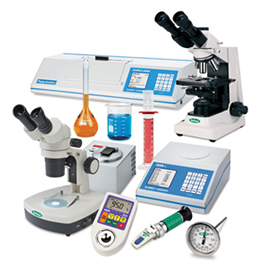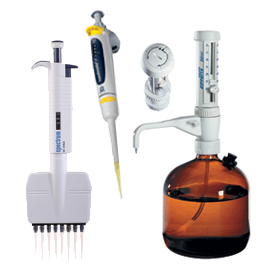
Laboratory equipment are essential to most research operations, and proper maintenance is critical to ensure accurate results. A well-maintained lab will be more efficient, last longer and cost less in repairs over time. By regularly inspecting, cleaning, repairing and replacing lab components, you can optimize performance and help protect your instruments from damage before costly repairs become necessary. Here are some strategies for lab equipment maintenance services l lab equipment preventive maintenance l repair laboratory equipment .
Ensuring Quality with Regular Inspections
Regular inspections are the best way to prevent major damage and costly repair or replacement. Before starting a lab experiment or operation, it’s important to make sure everything is functioning properly and that all parts are present and in good condition. Check for signs of wear and tear, including loose connections, worn insulation, broken seals and frayed wires. Materials should also be assessed for any dirt, dust, water or other contaminants that can interfere with the experiment.

When inspecting, use an organized process and document any issues found. This will help you identify any potential problems early on and avoid any disruptive delays. Photographs of the condition of the lab and its equipment are invaluable if an insurance claim is ever needed.
Keep it Clean to Improve Performance and Longevity
Just like any other machine, laboratory equipment needs regular cleaning to keep it running smoothly and prevent damage. To get started, always read the manufacturer’s instructions for how to clean each piece of equipment, as different materials may require special care. Depending on the item, you may need to use distilled or deionized water, alcoholic solvents, or specialized cleaners.
A reliable cleaning regimen also helps to keep lab data accurate. Soiled or dusty lenses can reduce the clarity of images, while contaminated cultures can lead to false readings. Make sure to regularly change out disposable parts like syringes, filters, and Petri dishes.
Quick Repairs Keep Labs Up and Running
If something does malfunction, it’s important to quickly assess the problem and determine whether the equipment can be safely repaired in-house, or if it requires specialist intervention. If possible, conduct simple repairs yourself or contact a qualified service provider who can help you diagnose and fix complex problems. Be sure to check the manufacturer’s warranty as well, if one is included.
For minor issues, you may find it faster and more cost-effective to order any spare parts that are required for repairs. Many vendors provide emergency services, so you can have replacement parts on hand within 24 hours. Keeping a stock of commonly used spare parts at the lab can also save time in the long run.
Preventive Measures to Protect Your Investment
Preventive measures are perhaps the most effective way to ensure that your lab equipment continues to perform reliably. Apart from conducting regular maintenance and repairs, consider investing in protection products like surge protectors, dust covers and air filtration systems. Automated systems are also available to remind users to check and clean lab equipment, control climate conditions and monitor usage times.
These additional features can help laboratories not only improve their workflows, but also extend the life of their equipment. Investing in such products may seem expensive initially, but the savings on repairs, downtime and replacements will usually cover the costs in the long run.
The Bottom Line
In summary, laboratory equipment maintenance services, lab equipment preventive maintenance, and repair laboratory equipment are all important aspects of maintaining a safe and productive research environment. Regular inspections, cleaning and preventive measures can help keep your lab equipment in top condition and maximize its performance, lifespan, and efficiency. Applying these strategies now will help guarantee successful experiments and accurate results in the future.


